Is Beauty Sleep a Myth? What Sleep Does for Your Skin
Editor’s Note: The following was written by Dr. Heather Tick. Dr. Tick serves at the forefront of research and teaching as a Clinical Associate Professor at the University of Washington
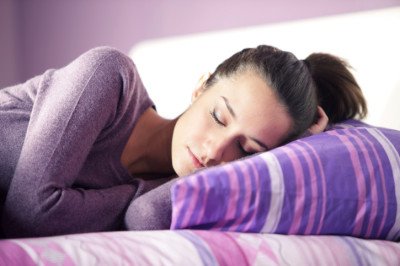 It’s easy to underestimate the importance of sleep because we are, after all, asleep and unaware of all the activity going on in our brain and body.
It’s easy to underestimate the importance of sleep because we are, after all, asleep and unaware of all the activity going on in our brain and body.
But it turns out that beauty sleep is not just an expression.
Sleep is the body’s natural way of repairing and restoring, and what happens overnight has good effects on how we look as well as how we feel.
How does sleep affect your skin?
Let’s start with the important stuff first: wrinkles!
A study done in 2013 showed that women who slept poorly (as measured on the Pittsburgh Sleep Quality Index) had increased skin dryness and significantly more wrinkles when compared with good sleepers.
Poor sleepers’ skin had less elasticity, more irregular pigmentation and slower healing from sun damage. The researchers could see the difference and so could the women themselves.
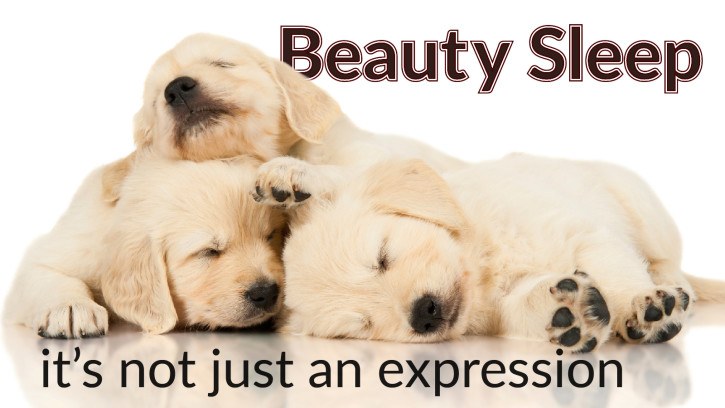 During the sleep process, you recover from the activities of wakefulness.
During the sleep process, you recover from the activities of wakefulness.
There is an up-regulation of the steps in energy metabolism. You repair damaged DNA and rebuild the molecules your cells are going to need for the next day, like proteins, steroids and heme.
When you are sleepless, you make molecules that are typically associated with stress: proteins that don’t fold properly and clump together, and heat-shock proteins that are designed to help the body cope with cellular stressors.
In essence, if you sleep well, you have an overnight tune-up; if you don’t sleep well, your system experiences cellular stress. And it shows on your skin.
Other Benefits of Sleep
Having a good night’s sleep has other health benefits, as well. Sleep affects concentration, physical performance and memory. Lack of sleep may have detrimental consequences on maintaining long-term health.
Sleep Aids?
 The most commonly prescribed sleeping medications may have potentially serious side effects in some people: grogginess in the morning, sleep walking and interference with memory and dreaming.
The most commonly prescribed sleeping medications may have potentially serious side effects in some people: grogginess in the morning, sleep walking and interference with memory and dreaming.
Some of them can suppress your breathing overnight and are even addictive. They are best used under the direction of your physician.
The Melatonin Story
Melatonin is a molecule that is present in bacteria, plants, and throughout the animal world. It is the biological signal of darkness and it helps you get a restful sleep.
Melatonin is the hormone your brain and body make to regulate your own sleep.
It is secreted in proper amounts if your eyes are in total darkness during sleep and if you get exposure to a full spectrum of light during the day.
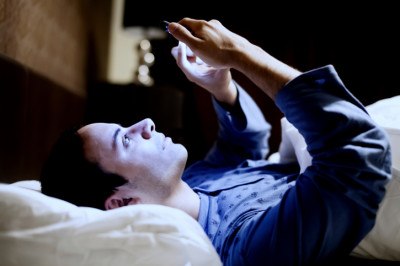 However, most of us don’t get enough hours of light during the day or access to complete darkness at night. Even a crack of light through the window or the light from an alarm clock (unless it is red light) is enough to significantly lower the production of melatonin.
However, most of us don’t get enough hours of light during the day or access to complete darkness at night. Even a crack of light through the window or the light from an alarm clock (unless it is red light) is enough to significantly lower the production of melatonin.
We also naturally make less as we age.
Melatonin plays an important role in supporting the body’s natural repair and rebuilding processes that happen during sleep. It also supports a healthy immune system and stimulates the secretion of growth hormones that help maintain a healthy muscle-to-fat ratio in your body.
Scientific studies also suggest melatonin helps support the health of our skin. It is a powerful antioxidant that helps maintain the integrity of skin cells.
In adults, melatonin can be used as a dietary supplement to help with occasional sleeplessness and to help you fall asleep easier and sleep more soundly. It has very few side effects and no danger to memory or breathing. It lowers your body temperature by a few degrees, which helps you sleep more soundly.
Bedtime To-Do List for Better Sleep
- Turn down the temperature in your bedroom by a few degrees.
- Have a relaxing bedtime routine; for example, listen to music, read a book, take a bath or do some pleasant quiet activity.
- Allow yourself enough time to fall asleep and have between 7–8 hours of sleep time.
- Practice a brief gratitude meditation by thinking of five things for which you are grateful. Spend a minute thinking of each one.
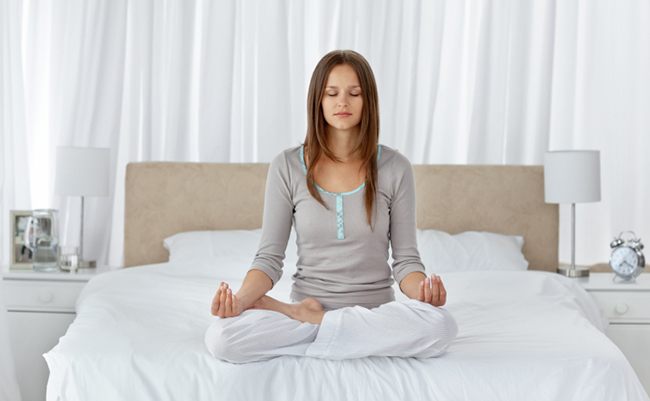 Bedtime Don’t-Do List for Better Sleep
Bedtime Don’t-Do List for Better Sleep
- Don’t use computers, e-readers, or TVs for an hour or two before bed and keep them out of the bedroom overnight.
- Avoid arguments before bedtime.
- Don’t have a big meal or do vigorous exercise right before bed.
- Avoid stimulants like nicotine, caffeine, alcohol, and sugar.
Wishing you a good night’s sleep: your path to better health and younger skin.
About Dr. Heather Tick
 Heather Tick M.D. has helped tens of thousands of Americans revitalize their health. A leader in integrative medicine, Dr. Tick combines both modern science and research-backed traditions of complementary medicine to help patients reach the peak of health.
Heather Tick M.D. has helped tens of thousands of Americans revitalize their health. A leader in integrative medicine, Dr. Tick combines both modern science and research-backed traditions of complementary medicine to help patients reach the peak of health.
Author of Holistic Pain Relief and an integrative pain practitioner for over 30 years, Dr. Tick serves at the forefront of research and teaching as a Clinical Associate Professor at the University of Washington in the departments of Family Medicine and Anesthesia & Pain Medicine, as well as a USANA nutrition expert.
We’re proud to bring you the freshest content on the web! Follow USANA on Twitter, like our USANA Facebook page and enjoy the latest videos on the official USANA YouTube channel.
 Learn what USANA is doing to make the world a better place.
Learn what USANA is doing to make the world a better place.
The future of personalized health and nutrition is now available with USANA’s True Health Assessment.

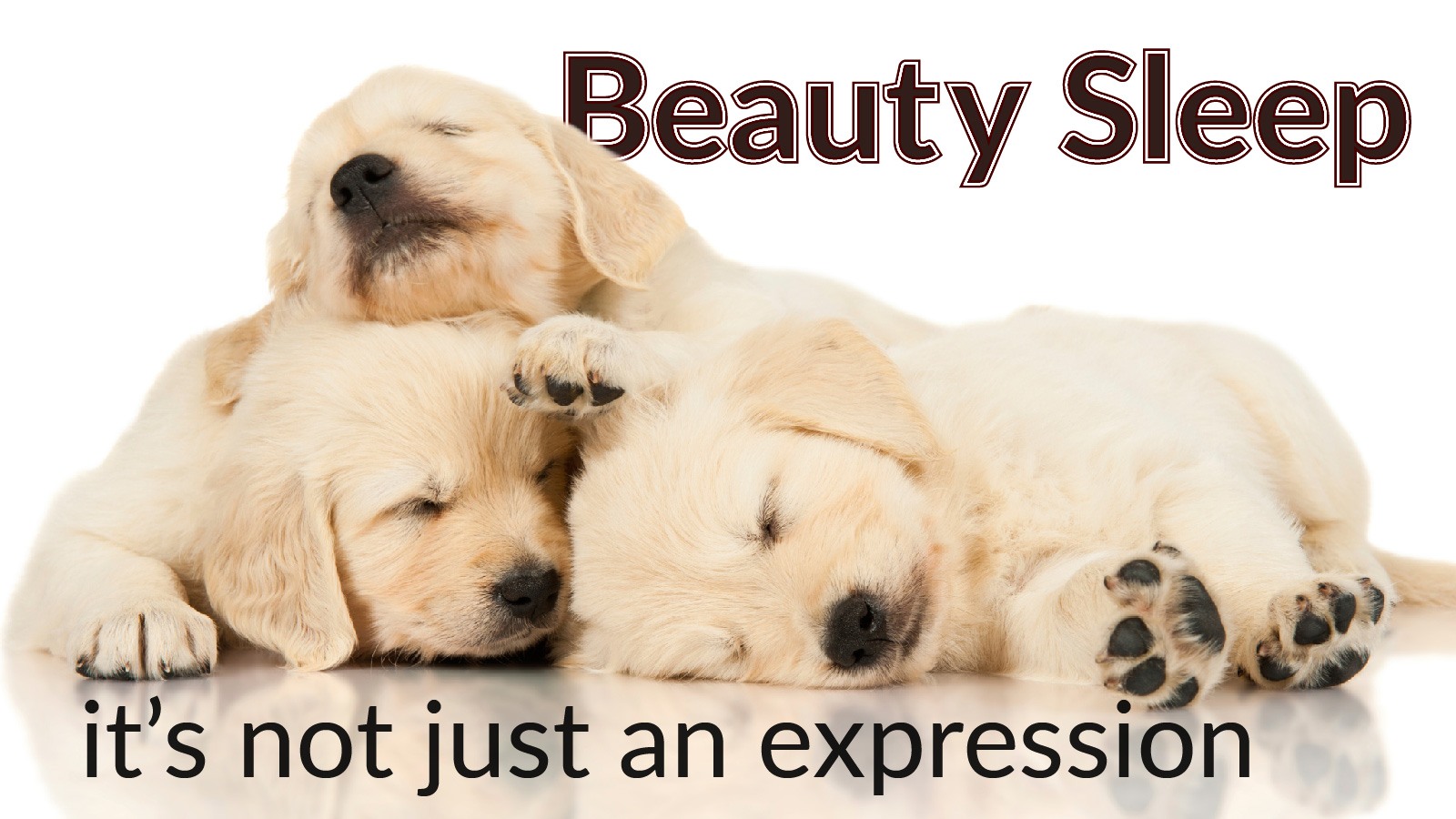


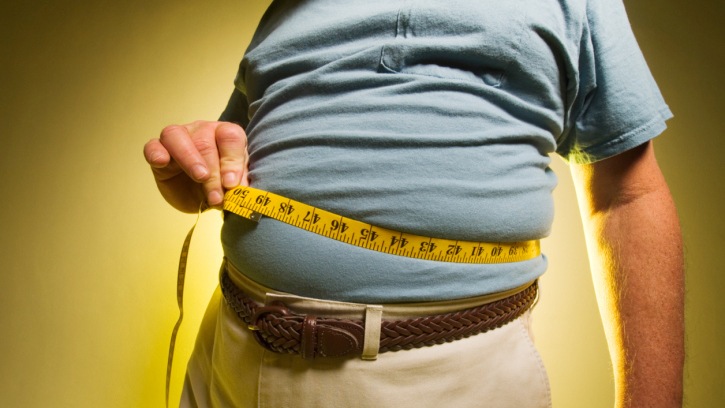

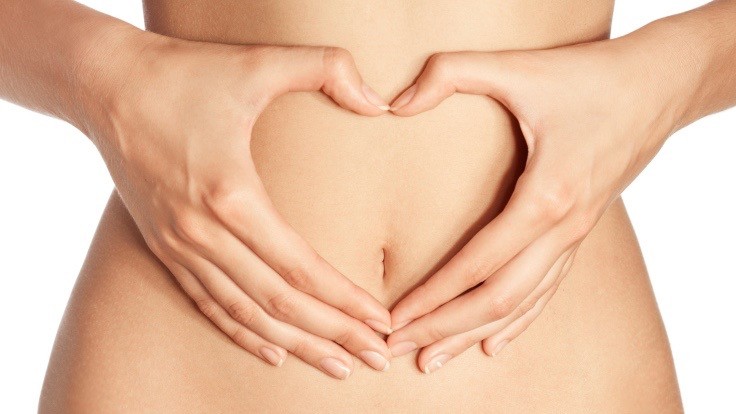
Leave a Reply
Want to join the discussion?Feel free to contribute!